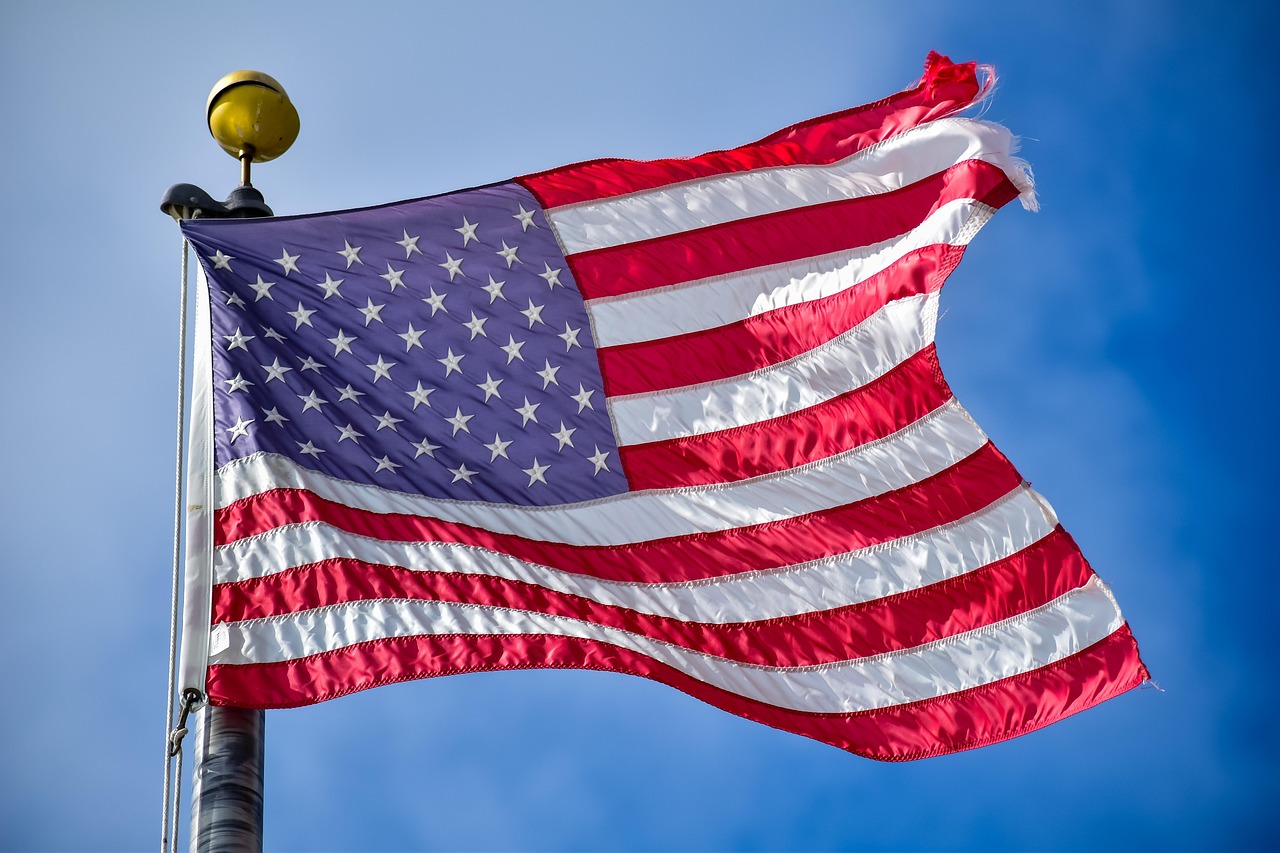Why Brand USA matters
US soft power remains, as it continues to top Brand Finance’s Global Soft Power Index, but there are signs of movement: in June a Morning Consult poll found that international opinions of the US were in retreat while China’s favourability is in the ascendant.
This presents a variety of challenges. For multinational American brands, some companies are now warning financial analysts that growing anti-Americanism could present a risk even in strong allies such as the UK. Then there are major franchising firms that might begin to pivot to more local brands and tastes in response.
While sales have tended to remain strong for stalwarts like Coca-Cola and McDonald’s, new tactics will have to lean on greater localisation of product development and campaigns.
What’s going on
International aura vs local identity: Speaking to CNBC, McDonald’s chief executive Chris Kempczinski explained that “the aura around America has dimmed a bit”, noting that for the quintessential brand of Pax Americana globalisation the focus is now on cultivating a local identity in the more than 100 countries and territories in which it operates.,
A new risk dimension: British newspapers picked up on risk warnings in the apparel company Levi’s accounts filed at Companies House, noting how “growing anti-Americanism as a result of Trump’s tariffs and government policies” could affect UK sales. This is despite a strong half year performance in the country with an 8.8% growth in sales and 23% growth in pre-tax profits.
Boycotts over international positions: In the Middle East and North Africa region, the fast-food franchise operator Americana told the FT that it is planning a diversification of its brand mix away from US brands following regional boycotts of US-linked products due to the country’s support for Israel. According to accounts, full-year net profits for the company dropped nearly 40%. Speaking to the paper, chairperson Mohamed Alabbar explained that the situation has “strengthened our belief that we need to go and nurture and buy maybe some Middle Eastern brands and grow them”.
Source: warc.com

